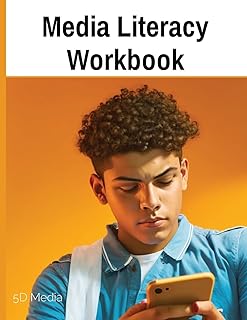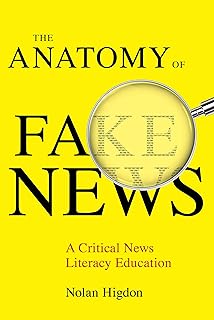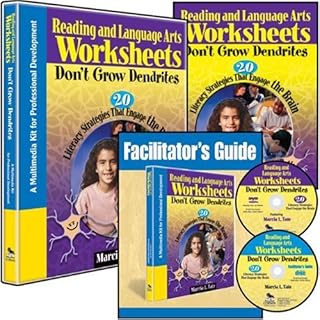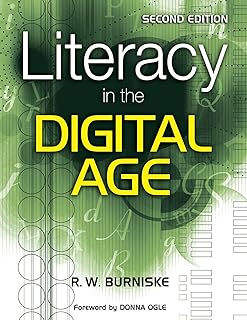A collaborative effort between RMIT ABC Fact Check and ABC Education has resulted in an interactive lesson aimed at helping individuals discern fake images and videos. In today’s digital age, where misinformation can spread rapidly, the ability to identify manipulated content is crucial. This resource serves as part of a series of fact-checking primers, providing teachers with a comprehensive tool to educate students on media literacy.
The interactive lesson is designed to be engaging and informative, suitable for viewing on various devices such as laptops, tablets, and projectors. Users can navigate through the content easily using keyboard arrows or the mouse, making it accessible for both teachers leading a class and students working independently. With a user-friendly interface, educators can guide students through essential concepts or allow them to explore specific sections for further learning.
Although the interactive may have some functionality issues on certain mobile devices and minor glitches with the video player, it remains a valuable educational resource. Developed by the now-concluded RMIT ABC Fact Check team, this initiative underscores the importance of media literacy in today’s educational landscape.
Media literacy has become increasingly vital as technology advances and the spread of misinformation becomes more sophisticated. Teaching students how to critically evaluate information, especially in visual formats like images and videos, equips them with essential skills for navigating the digital world. By fostering a healthy skepticism and teaching fact-checking methods, educators empower students to be discerning consumers of media.
With the rise of social media and online platforms as primary sources of information for many individuals, the ability to spot fake content is a valuable skill. Understanding the techniques used to manipulate images and videos, such as photo editing and deepfake technology, is crucial in developing a media-savvy population. By incorporating lessons on media literacy into the curriculum, educators play a pivotal role in shaping responsible digital citizens.
As the landscape of information dissemination continues to evolve, educational resources like the interactive lesson on spotting fake images and videos serve as important tools in promoting media literacy. By engaging students in critical thinking and equipping them with the skills to evaluate the credibility of digital content, educators contribute to building a more informed society. The collaboration between RMIT ABC Fact Check and ABC Education exemplifies a commitment to fostering media literacy and empowering individuals to navigate the complexities of the digital age.
In conclusion, the interactive lesson serves as a valuable resource for educators seeking to enhance students’ media literacy skills. By providing a platform to learn about identifying fake images and videos, this initiative contributes to the broader goal of promoting critical thinking and responsible digital citizenship. As technology continues to shape how information is consumed and shared, equipping individuals with the tools to discern fact from fiction is essential in fostering a more informed and resilient society.
📰 Related Articles
- THAI Academy Initiative Enhances AI Skills for Thai Workforce
- MCITy Workforce Development Program Enhances Professional Skills
- Common Sense Media Launches Digital Literacy Curriculum for Schools
- iPad Pro Magic Keyboard Enhances User Experience with Innovative Features
- iHeart Media: Trailblazing Entertainment Updates and Insights






